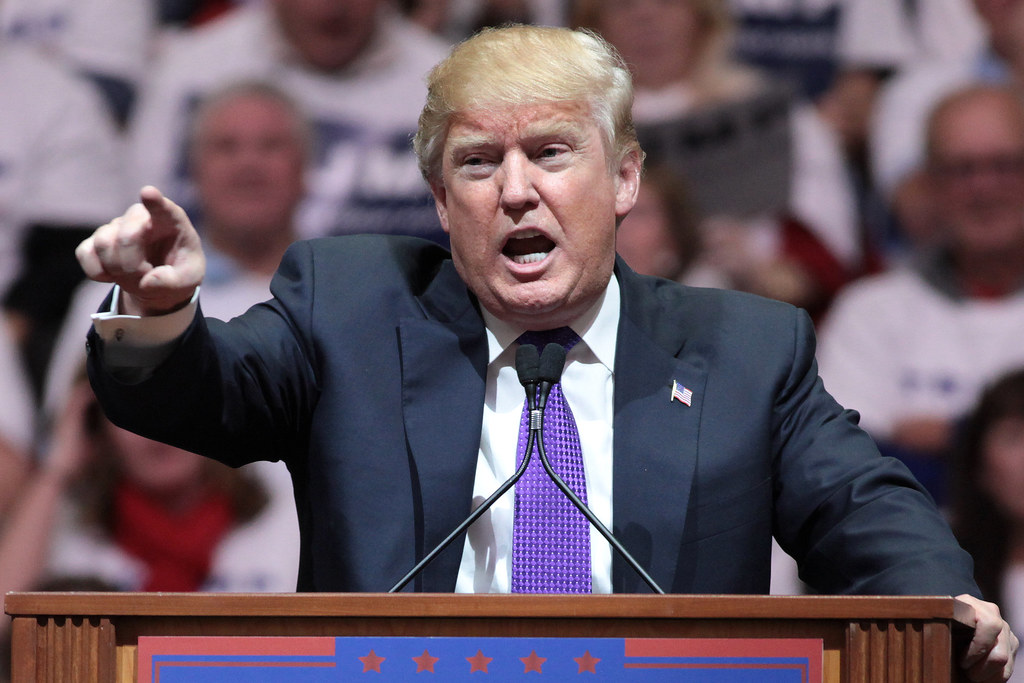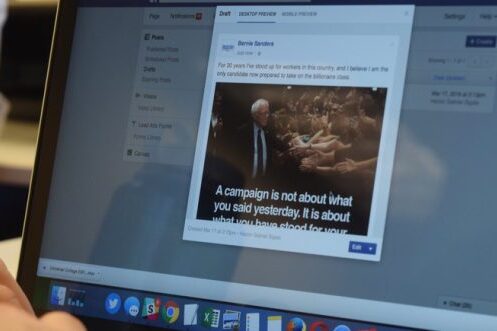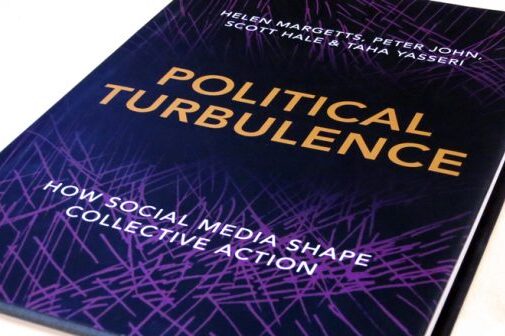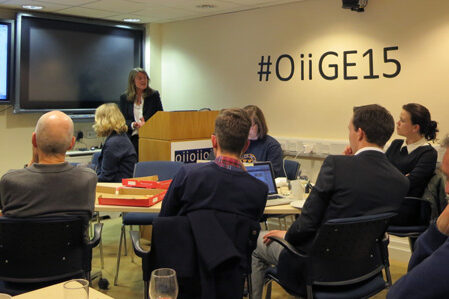Tag: politics
All topics
-
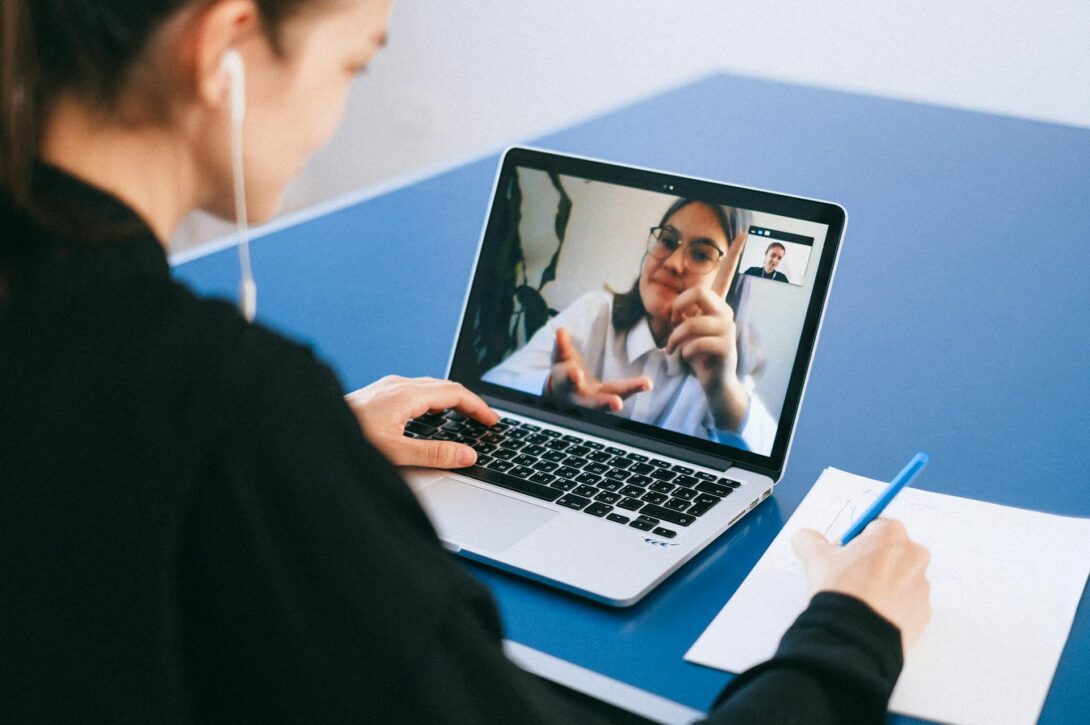
Do online consultations make citizens more satisfied with local democracy?
We find that giving citizens an opportunity to have a say in political decisions influences…
-

How can we encourage participation in online political deliberation?
The Internet seems to provide an obvious opportunity to strengthen intra-party democracy and mobilise passive…
-

Assessing the Ethics and Politics of Policing the Internet for Extremist Material
Exploring the complexities of policing the web for extremist material, and its implications for security,…
-
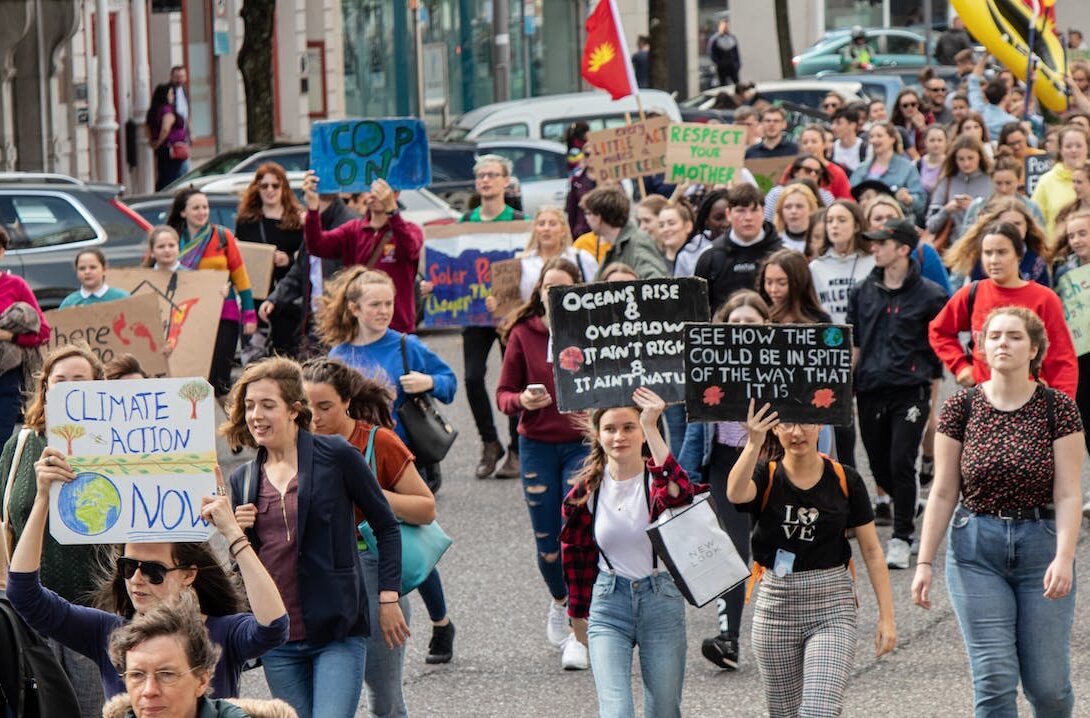
Does crowdsourcing citizen initiatives affect attitudes towards democracy?
Exploring how involvement in the citizen initiatives affects attitudes towards democracy
-

Political polarisation on social media: do birds of a feather flock together on Twitter?
Twitter’s connections tend to be less about strong social relationships and more about connecting with…


